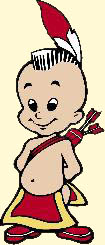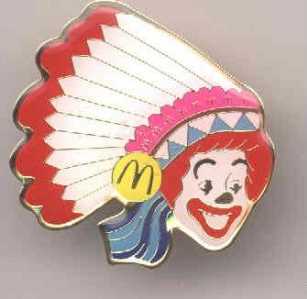Numerous psychological studies have examined effects of stereotype threat in areas such as standardized tests, and athletic performance. For example, the commonly held assumption that women are less skilled in mathematics than men has been shown to affect the performance of women on standardized math tests. When female participants were primed beforehand of this negative stereotype, scores were significantly lower than if the women were led to believe the tests did not reflect these stereotypes (Spencer & Steele, 1997).




I'm sure people haven't done a lot of research into "good" stereotypes, but such stereotypes probably don't cause much harm. Nevertheless, consider a Jewish child who's supposed to become a doctor or lawyer, or an Asian child who's supposed to earn top grades. Or an Indian who's supposed to live up to his "warrior heritage."
ReplyDeleteThunderbird of the X-Men basically committed suicide because he thought he was supposed to go down fighting. I bet things like this happen in the real world too. An Indian believes he's supposed to punch his way out of problems, and when he can't, he gives up.
Well, Thunderbird wasn't a traditional Kiowa, he was a modern Apache. And he wasn't involved in a test or rite, he was battling a super-villain. If he had wanted to test himself against all comers, he could've done it while fighting the Viet Cong in Vietnam.
ReplyDeletenot all natives think the same as other natives so i came to throw in my two sense. I could care less what you're blogging about until you said "An Indian believes he's supposed to punch his way out of problems, and when he can't, he gives up." Indian is a term that most Natives don't use anymore because we are not from India. Indian is just what Christopher Columbus called us because he was lost. Honestly i don't care what i'm called... i've been called wagon burner, dirty indian, scalper, drunkass, and some other names. all of those names came from stereotypes. Yes we may have burned wagons, but we didn't want those people on our land. We may have scalped a lot of people, but white people did that first and showed us how to do it. We may have been drunk in all those movies and in the newspapers, but who brought that shit to us?...settlers. I honestly don't know why people feel the need to call us Natives those mindless names because they can't move on from the past. I know that there are natives out there calling white people names too but hey can you blame us?
ReplyDeleteNot a single one of the Indians I know has ever objected to the term "Indian." In fact, they use it far more often than alternatives such as "Native American."
ReplyDelete